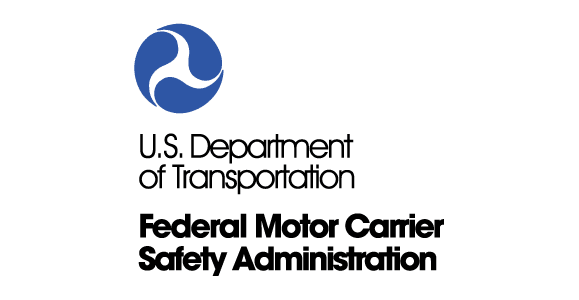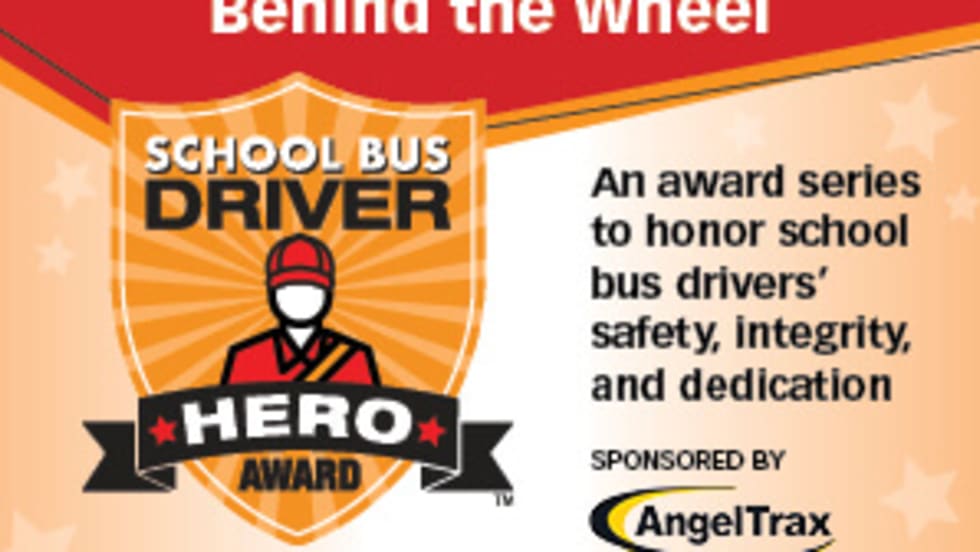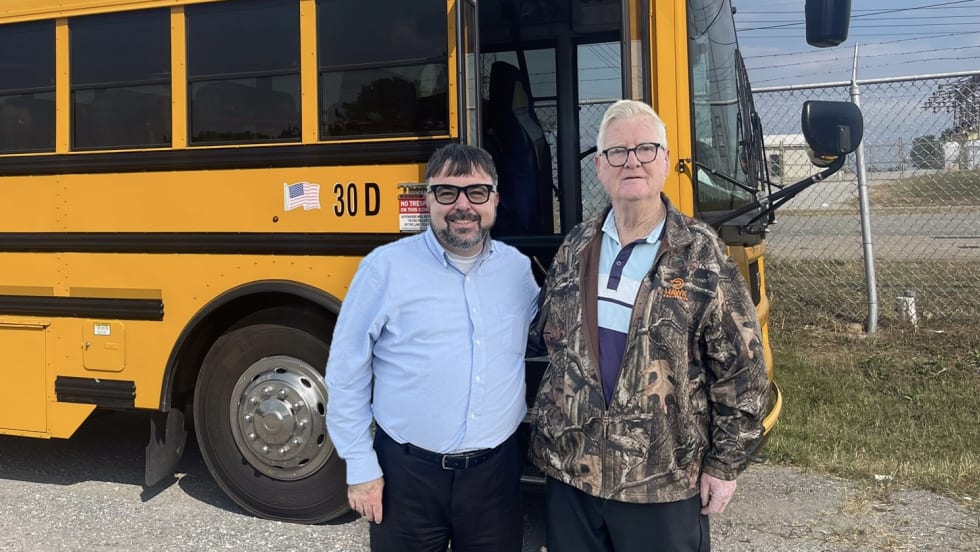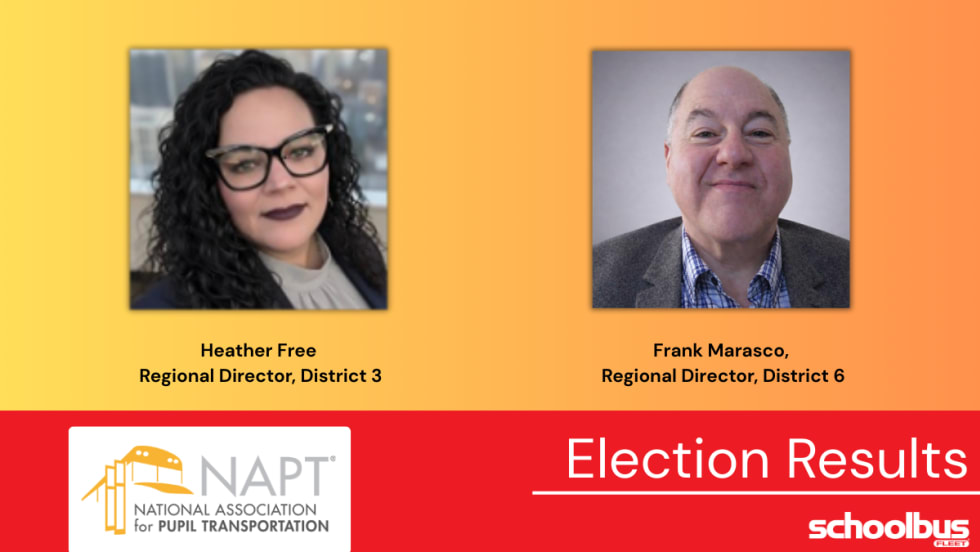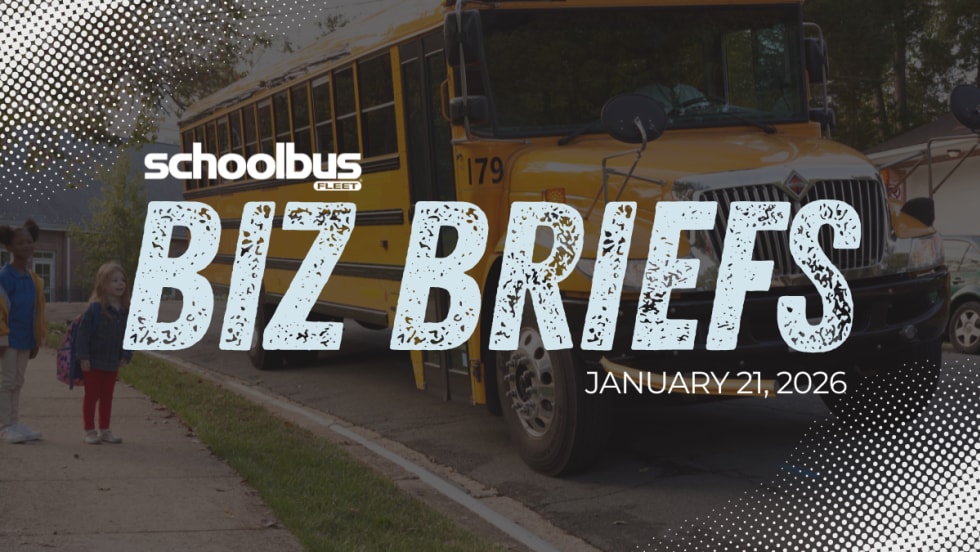If you’re hoping for a delay in the launch of the Entry-Level Driver Training rule in February 2022, the Federal Motor Carrier Safety Administration (FMCSA) warns: Don’t count on it.
During Thursday’s workshop sessions of the National Association of State Directors of Pupil Transportation Services (NASDPTS) annual conference, FMCSA representatives urged members to expect the rule to take full effect on Feb. 7.
“It’s just a few short months away,” said Larry Minor, associate administrator for policy at FMCSA. “I’m looking forward to everything going off without a hitch, I hope.”
Rich Clemente, a FMCSA transportation specialist, noted that the rule previously had been delayed for two years due to information technology implications – issues that should’ve been addressed by now.
“We have no intentions to delay this rule any further,” Clemente said.
In his presentation, Minor told NASDPTS members that if a driver obtains their commercial driver’s license learner’s permit before Feb. 7, they won’t be subject to the ELDT requirements. Anyone who gets that permit after Feb. 7, however, “is definitely covered,” he said.
The rule, originally drafted in 2016, establishes minimum training standards for drivers who are:
Seeking their initial Class A or Class B CDL
Upgrading their current CDL
Obtaining a first-time hazardous materials endorsement
Drivers must complete a prescribed program of theory and behind-the-wheel instruction. Different training providers can supply instruction on theoretical knowledge or practical behind-the-wheel experience on a range or parking lot. Providers are required to sign up with the FMCSA training provider registry and to supply information about instructors. They’re expected to self-certify that their curricula and instructors meet requirements, Minor said.
He was asked whether the new rule will make it harder to hire and retain school bus drivers. Minor indicated that it shouldn’t, because training happened anyway, and some states set even more rigorous standards than those required by FMCSA. This approach, he said, is just setting a standard.
However, at least one state – Ohio – has asked to be exempted from the ELDT because training providers already have to register in their state system. That request is currently up for public comment. Minor said a decision should be announced within the next month or so.
He also reviewed implementation of the FMCSA’s Drug and Alcohol Clearinghouse, which was put in place to address a vulnerability in the agency’s testing program. During the first year, the clearinghouse flagged 95,876 drivers who had tested positive for controlled substances or alcohol misuse. Of those, about 56,543 haven’t even started the return-to-service process, Minor said.
“We hear reports about driver shortages,” he said. “It’s still amazing that there’s a huge chunk of drivers sitting on the sidelines in prohibited status.”




